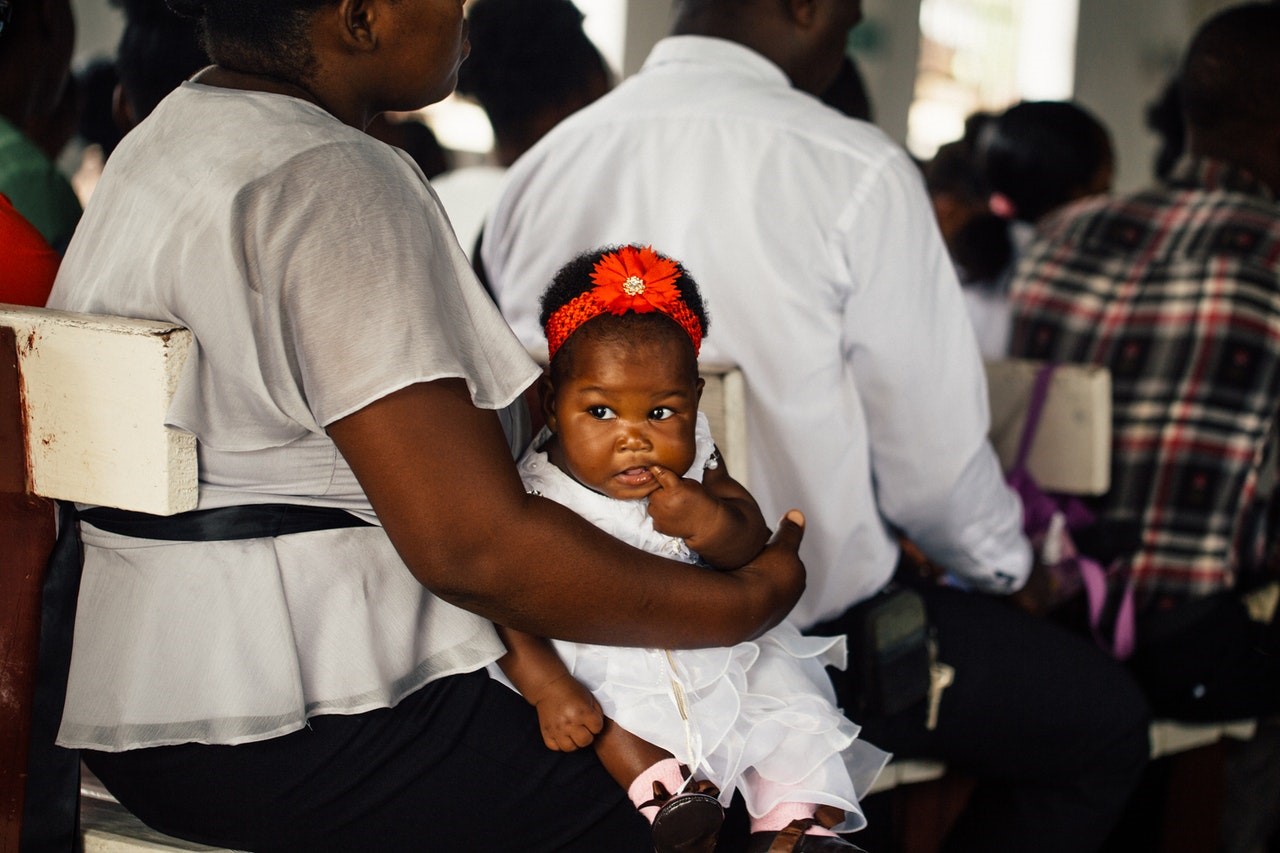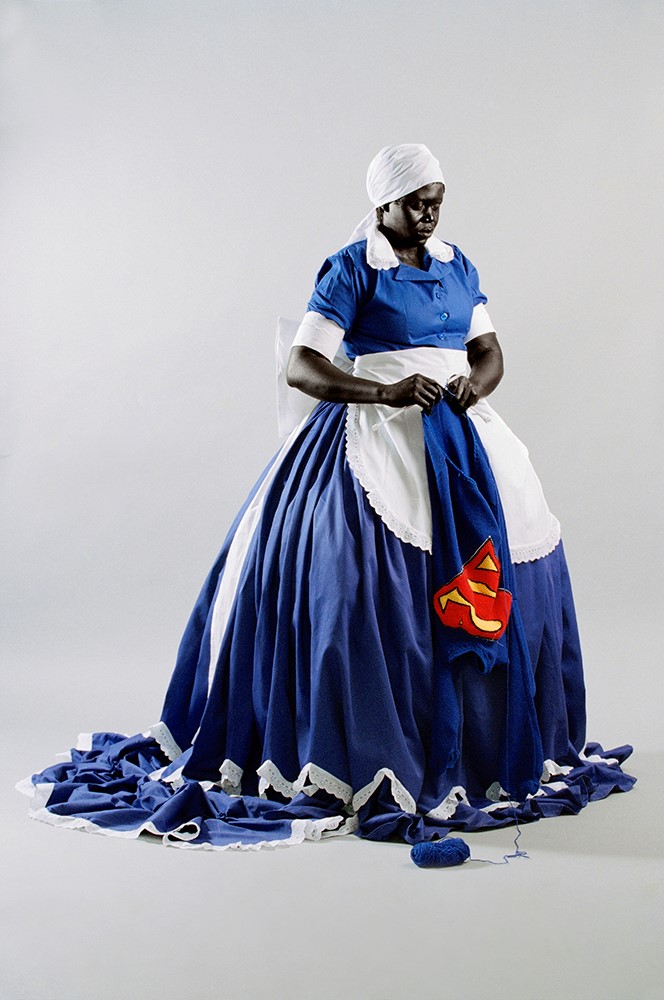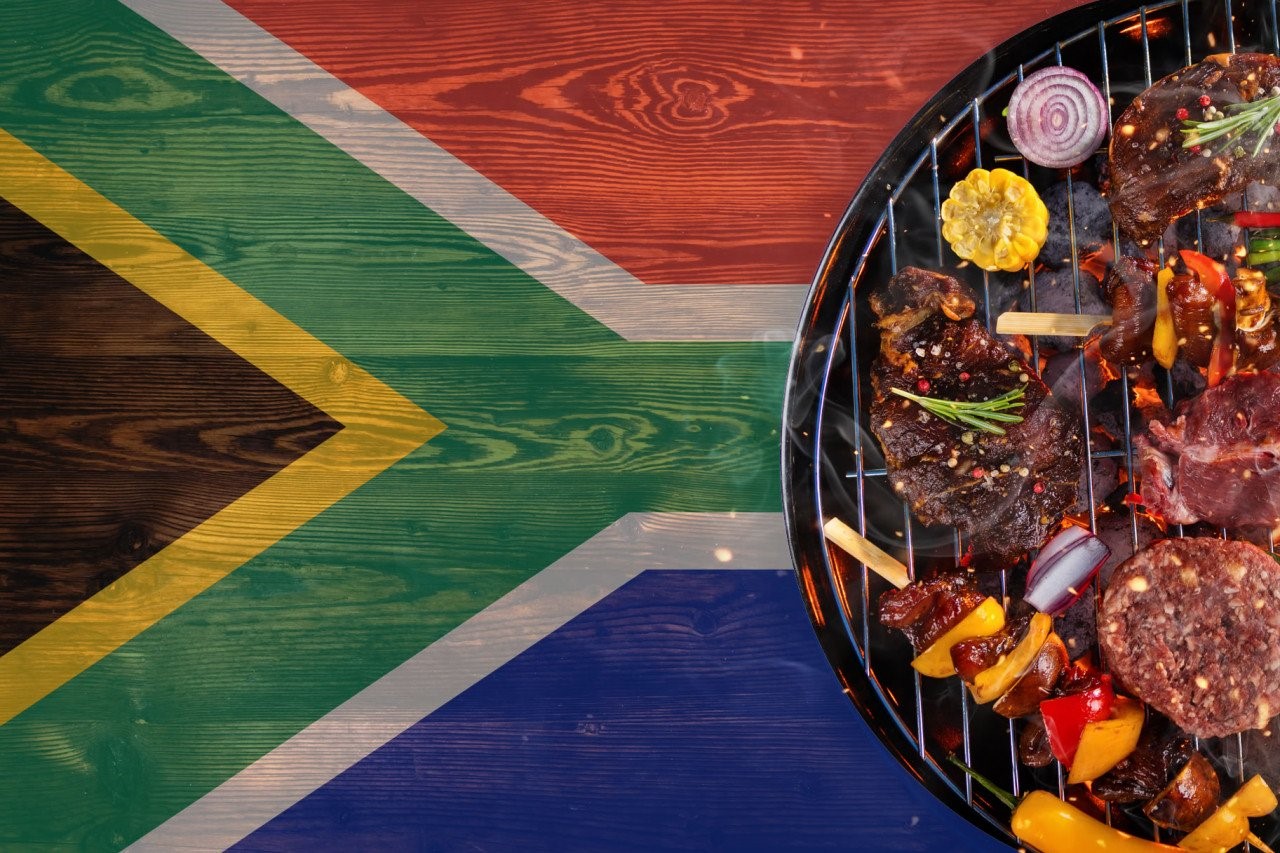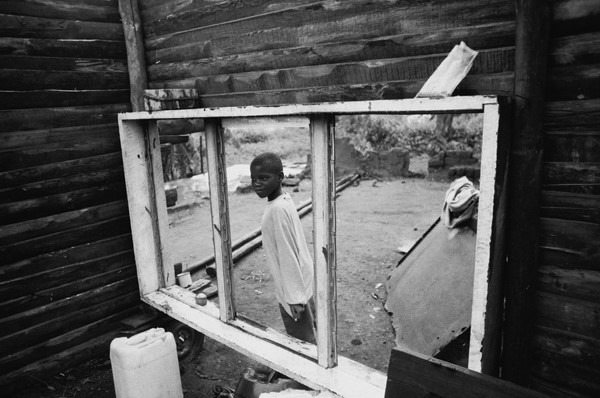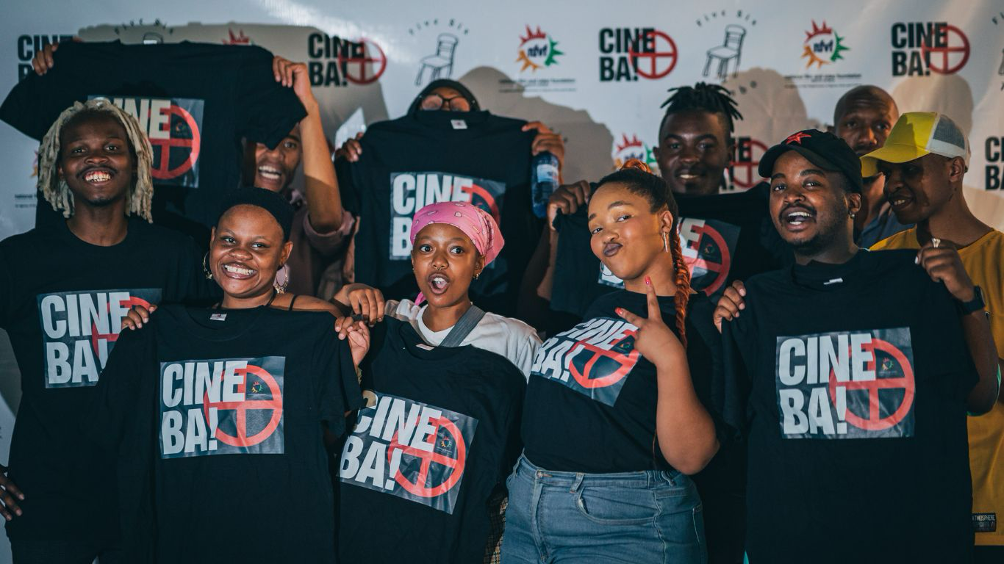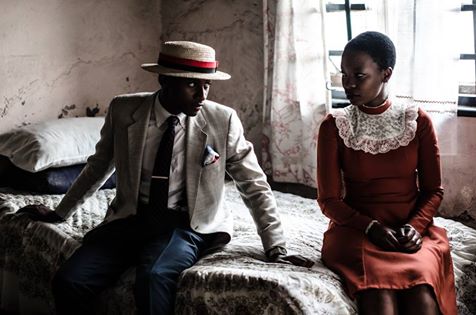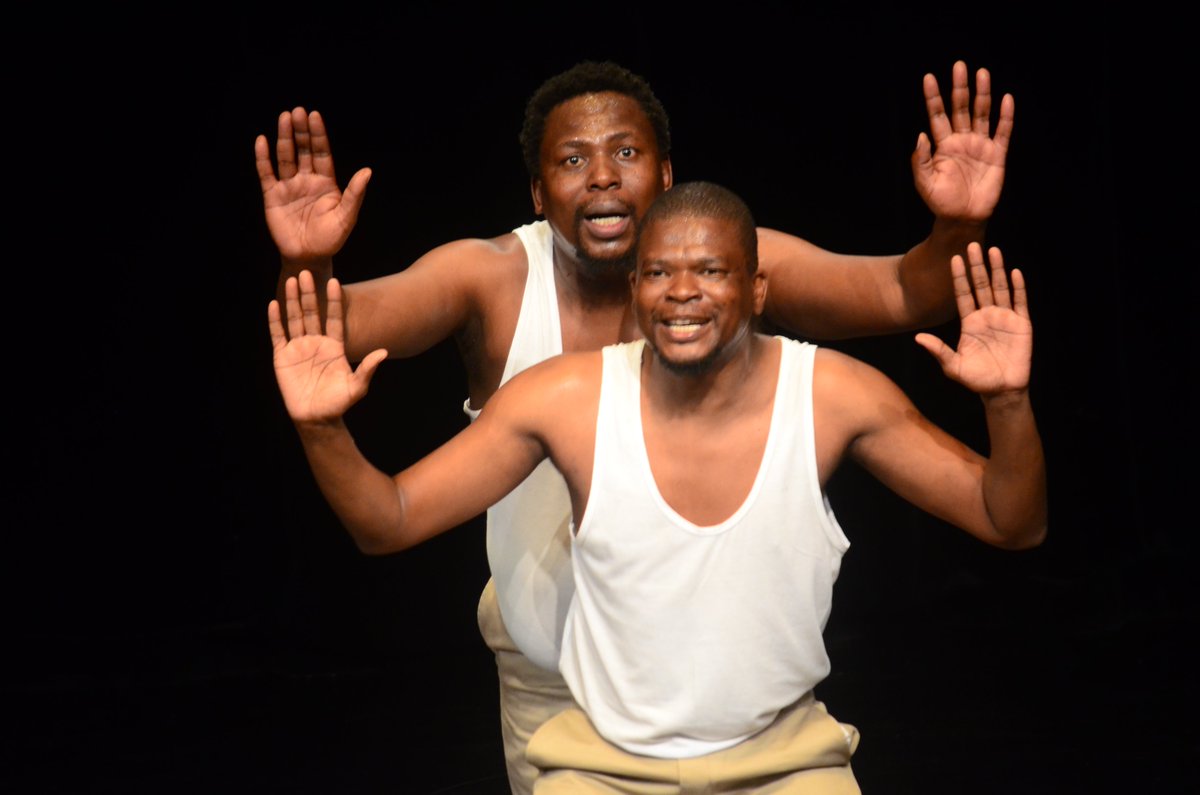There is so much that is said, written and reported about fathers that today I wish to shift my attention and write about a particular set of experiences with our mothers. These experiences are in no way a reflection on all mothers nor is it a rebuttal on behalf of failing fathers. It is simply just that, a reflection on a particular set of experiences with our mothers.
More often than not, our mothers are the primary victims of deep seated pain from relationships with either their fathers or even their partners (former and current) who are the fathers that birthed us. The nature of social interactions in relation to the law in the 50s, 60s and 70s were markedly different from what they are now.
There are things that young men of those times got away with then, that are highly in conflict with the law or the values systems of Black families that they would not necessarily get away with now. The expectations of accountability before the law were not as stringent as they are now.
This is primarily because Black life was in any case not of much value then. Not that things have remarkably improved now. Kodwa ke silapha and we are processing pains whose origins we don’t know.
As a result there are many things that hurt the very women that we today hail as the paragons of strength, resilience and perseverance (ukunyamezela). It is exactly out of that entrenched sense of ukunyamezela that volumes of trauma were deposited in the young women then, who today are our mothers in their late 50s, 60s, 70s and 80s.
The depth of pain in many relationships and families of that time will in many cases remain buried in the hearts and minds of those that experienced it. They will somehow just express such pain in ways that are neither intentional nor noticeable at times.
This then asks the question, is the pain of our mothers as deeply buried as they think it is?
As deeply buried as our mothers may think their pain is, many of us can see this pain manifest in ways unimaginable. The unfortunate part is this pain often manifests in ways that affect us as their children most times because we are products of their toxic, hurtful and dreadful relationships with our fathers.
Has our generation become representations of the pain that our mothers in particular absorbed for many years from our fathers, either in their disappearance, disappointments, destructiveness, destitute and/or disturbed state? In all the splendour, the positivity that we may represent to our mothers, is there a part of us that reminds them of that father that deferred all her dreams, broke all the material promises, ignored all her qualities and crushed so many of her hopes?
In so doing, do we find ourselves at the receiving end of periodic outbursts, hurtful words, emotionally draining experiences with our mothers and do we find that the origins and reasons of such experiences are difficult if not impossible to explain? Do we find that there are tensions between us and our mothers that we simply can't explain nor locate in context?
Do we find that as loving, caring and as nurturing as many of our mothers may be towards us, there is a part of them that at times breaks us down, fails to appreciate us, forgets what age we are or even at what stage in our lives we are (parents and heads of our own homes)? Is it that they simply refuse to acknowledge that we are no longer children as much as we are still their children?
How have these experiences affected or even shaped the way in which we parent our offspring? Are we inadvertently overcompensating because we wish to heal our pain by providing more than is adequate for our children? Have we even become dependent on our children for our happiness and sanity?
Are you a young lady who feels like your mother is competing with you? Are you a young adult that irrespective of your efforts you don't feel appreciated by your own mother? Do you think that children that are less respectful than you, less compliant with the values of their homes, are treated better by their mothers than you are as a loving, caring, hardworking, respectful son or daughter?
Do you think that there is an unhealthy dependency that your mother has on you that makes it almost feel as though you are being punished for the absence or failures of your father? Do you find that you are grappling with false fears in your mother that seek to hinder your relocation from home or even being married to your partner? For those who are married, do you find that your partner is treating you with disdain by your mother because she believes she has a greater title to you than your partner has?
Are you one of those children whose mother prevented you from knowing, let alone having any contact with, your father because of the deep seated pain buried in her heart? Do you also find that the reasons why you were denied a relationship with your father by your own father seem evasive, abstract or undisclosed or in cases where some reasons are provided, they are frivolous, unjustifiable and selfish?
Are you one of the children who feels like the real story about your father is being hidden by your mother and every time you look into her eyes you can tell she is determined to go to the grave with it? Yes at times these are to protect you but there are also those times when you can tell that it is not even about you or your protection? At times it is a way to conceal their embarrassment and the questionable decisions they may have made in the past.
Are you one of those children who has reached that stage in their life that minimal contact or even total avoidance of your mother is the best way to relate to her? You are just exhausted and there is nothing you haven't tried, you are just tired. Have you also decided that spending more than a weekend a year at home is the longest you can stay and its best you leave for the sake of your own sanity?
Do you find that your peace of mind gets frequently disrupted by your own mother? Are you perhaps one of those who have found that your mother in law, qualitatively offers you a better parental experience than your own mother?
Are you that child that has tried everything possible including therapy to get your mother to face her fears, heal from her pain but you are not getting any cooperation? Have you even ever had a mother in your life even though she is still alive and well?
Do you also find that your mother would rather find unproductive outlets such as alcohol consumption for their pain rather than talk about it? Do you find that your mother has to drink or even medicate herself to sleep as a way to escape her pain?
Do you feel respected and appreciated by your own mother as an adult in your own right? Does your mother influence your own children against you whenever they visit her for the holidays or do you find that your children are taught things that go against the very values that your own mother used to beat you up for?
Do you find that you are unhappy, you are stressed or even suffer from clinical depression as a result of the decisions and actions of your mother? Are you in that predicament of knowing you deserve better but you are also captured by the guilt of knowing this is your mother who raised you through many difficulties and that you just can't hold her accountable or even abandon her?
These are some of the questions that many of us will relate to, some more than others. These questions and experiences are not intended to vilify the important and highly celebrated role of mothers in our lives. It is intended to highlight important life experiences of many people who today are mothers or fathers and struggle to reconcile the type of treatment they are getting from someone said to be a primary caregiver, their own mother?
This is also intended to highlight how many young women have become reincarnations of the very character they despise from their mothers in the same way they frown upon young men who have become a replication of the bad characteristics of the fathers they vowed they would never be to their children.
This piece is also intended to challenge the general perception of perfection in mothers or this notion of an unchallenged "angelic" status that mothers occupy in society against the generally accepted "devilish" status of fathers on the other hand.
For example, there are many mothers who are highly implicated in the disappearance or absence of the fathers to their children. This does not in any way excuse the buggers for dereliction of their duty, but it gives a more balanced perspective of the reality on the ground.
The deep seated pain in many of our mothers has mutated into a toxicity that has infected and affected many beautiful mother and child relationships. The sad part is that mothers often struggle with taking responsibility for their actions, accounting for their conduct or even apologizing for their indiscretions.
Have you been hurt so much by your mother that you even begin to doubt whether she is indeed your mother? You find that she treats your siblings better than she treats you that you are hoping someday you will be told that you were actually adopted but deep down you know you were not adopted, just that you are treated as the outcast in your own family.
Do you find that the love you get from your mother fluctuates according to your income level and by extension your material contribution to her? Do you feel less loved when you are unemployed by your own mother?
All of these experiences point to one thing in the main, the extent to which the damage to the Black family struggle runs deep. It points to the level of fragmentation that resulted from the violence of colonialism and the disruption of neo-colonialism (apartheid and democratic era included).
How do we resolve this quagmire?
Our first step is to recognize the source of these problems, colonialism and how coloniality sustains them. Secondly, we may never rehabilitate our mothers or even our fathers for that matter, but as youngish fathers and mothers, we have a responsibility to stop the cycle of pain that manifests into toxic families. Let us ensure that we don't become fountains of the same pain as our parents.
Lastly, we need to be forgiving but not at the expense of our inner peace because it is through the disruption to our inner peace that the cycle of pain is perpetuated. Let us love our mothers enough to tell them when they are disrupting our inner peace and not conceal their conduct because society has taught us that they are perfect beings incapable of any flaw.
Camagu!
*This article is based on thousands of experiences from many individuals and many observations from me and many in my circle.

